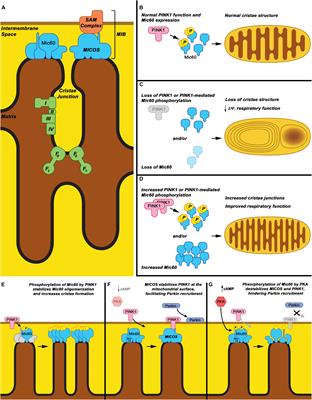EDITORIAL
Published on 18 Dec 2019
Editorial: Mitochondrial Dysfunction and Neurodegeneration
doi 10.3389/fnins.2019.01372
- 9,184 views
- 28 citations
45k
Total downloads
227k
Total views and downloads
EDITORIAL
Published on 18 Dec 2019
REVIEW
Published on 25 Jan 2019

REVIEW
Published on 12 Oct 2018

REVIEW
Published on 02 Aug 2018

MINI REVIEW
Published on 13 Jul 2018

MINI REVIEW
Published on 10 Jul 2018

REVIEW
Published on 05 Jul 2018

ORIGINAL RESEARCH
Published on 26 Jun 2018

ORIGINAL RESEARCH
Published on 26 Jun 2018

REVIEW
Published on 07 Jun 2018

REVIEW
Published on 06 Jun 2018

REVIEW
Published on 23 May 2018
